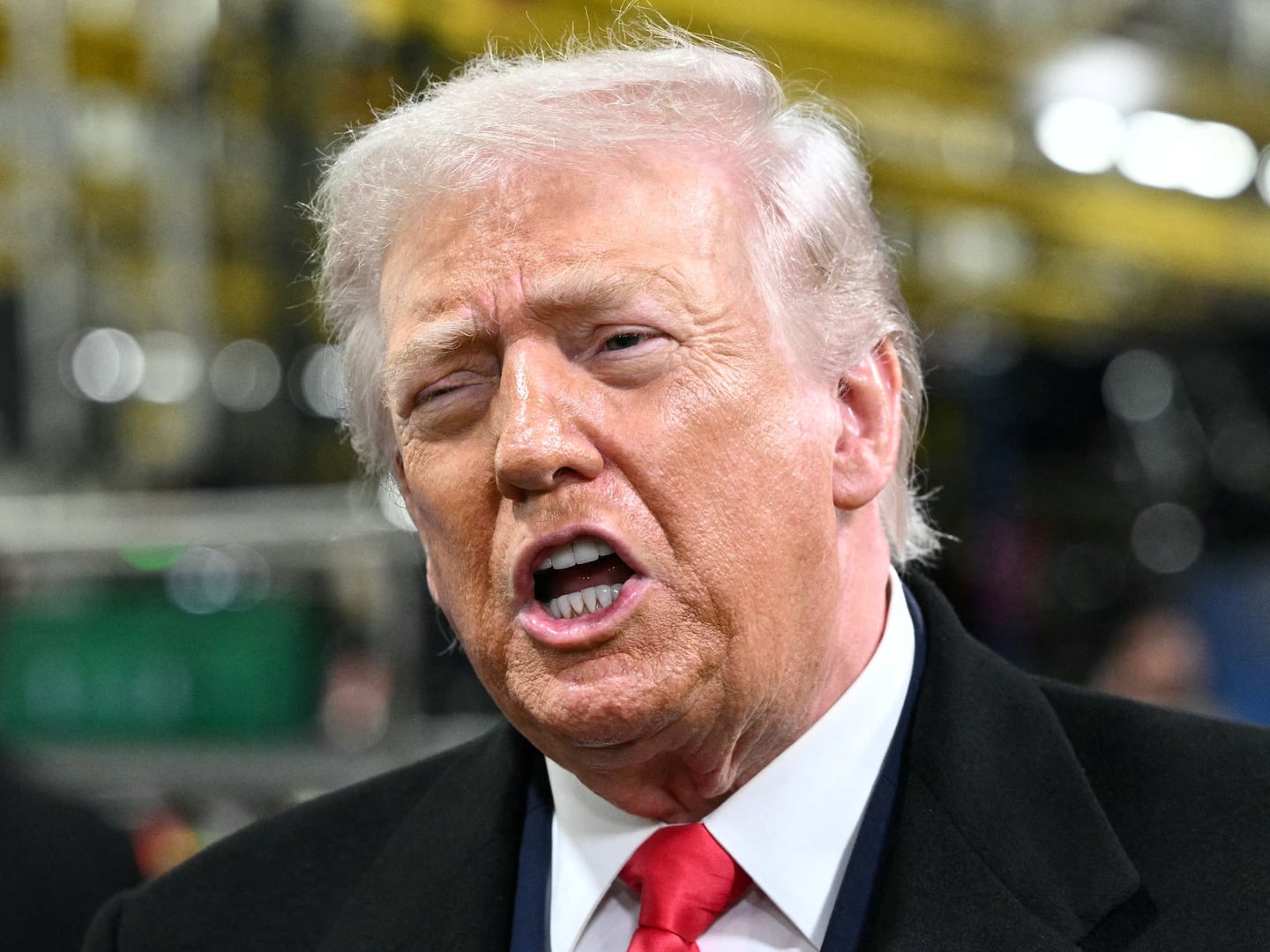Johnson & Johnson may have recalled faulty hip implants in the U.S., but they weren't about to let them go to waste. The company sold the implants overseas after the U.S. Food and Drug Administration rejected them in the United States. They also continued to sell a related model that went on the market through a regulatory loophole. Johnson & Johnson formally recalled the models in August 2010 amid reports of high rates of failure in patients abroad, but in August 2009 the FDA had rejected the implant in a confidential letter that Johnson & Johnson never made public. It's not illegal to sell medical products overseas that have been rejected in the U.S., but the company's decision to withhold the FDA letter could damage its brand. Johnson & Johnson has 5,000 lawsuits pending because of the implants, including from patients who were crippled by metallic debris.
Read it at The New York Times




